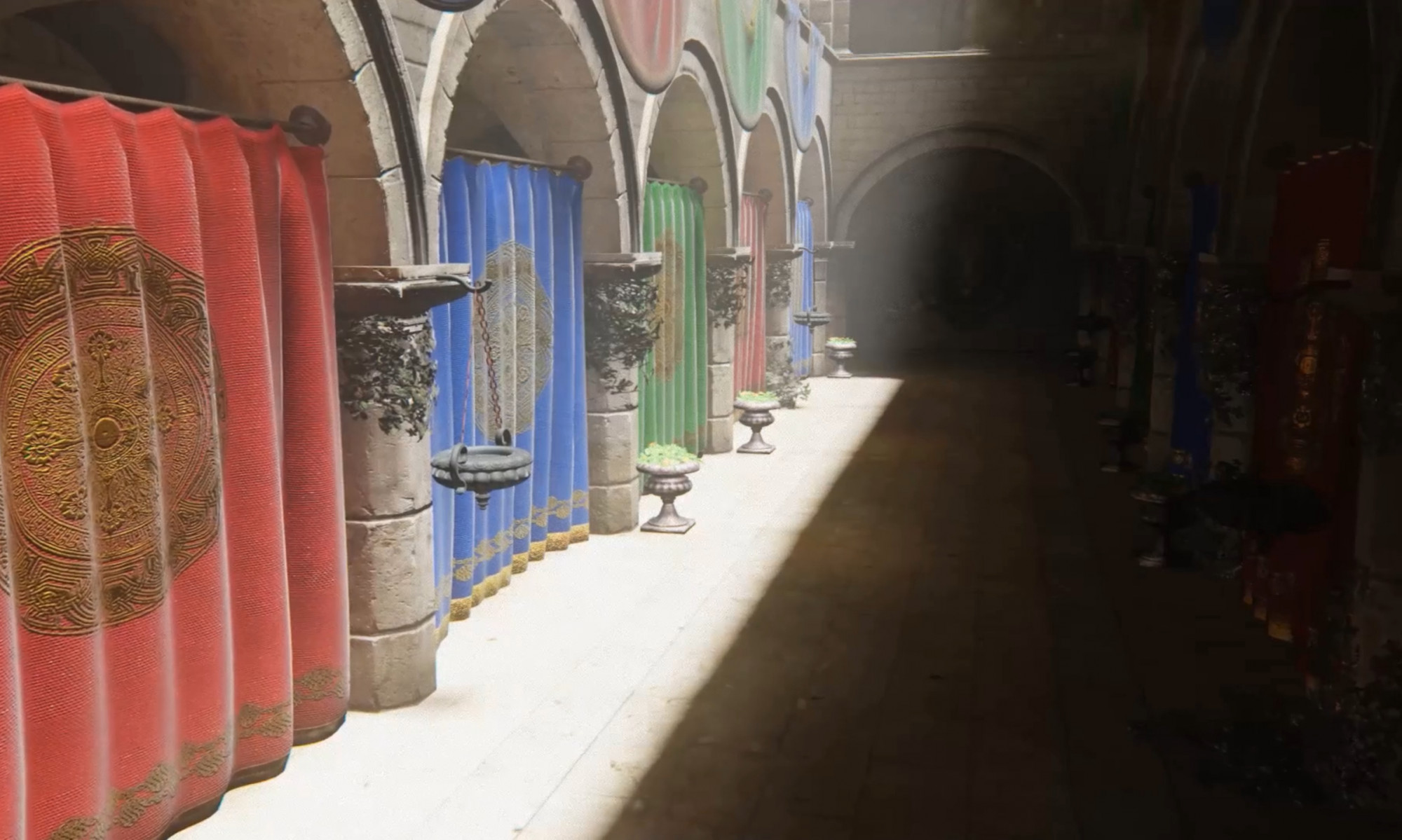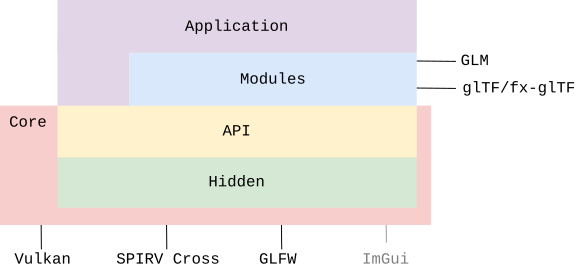It has been a year since the first release of the VkCV framework and a lot of improvements have been made so far. That’s why there is today a new release providing multiple new modules, new projects and a lot of changes to the original API, reducing duplicate code and easing usability.
As previous posts already suggested, it is now easier than ever to develop with the framework. Even ray tracing pipelines are now directly supported by the framework on a similar level as compute and graphics pipelines have been supported from the start. Since Vulkan is advancing as an API, there’s also support for newer extensions and features.
More information about the full release can be read in the changelog notes here. The source code is free and open-source under MIT license. You can find it on the Gitlab server from the university in Koblenz here as well as on some mirrored repositories on Gitlab and Github. Feel free to contribute!


